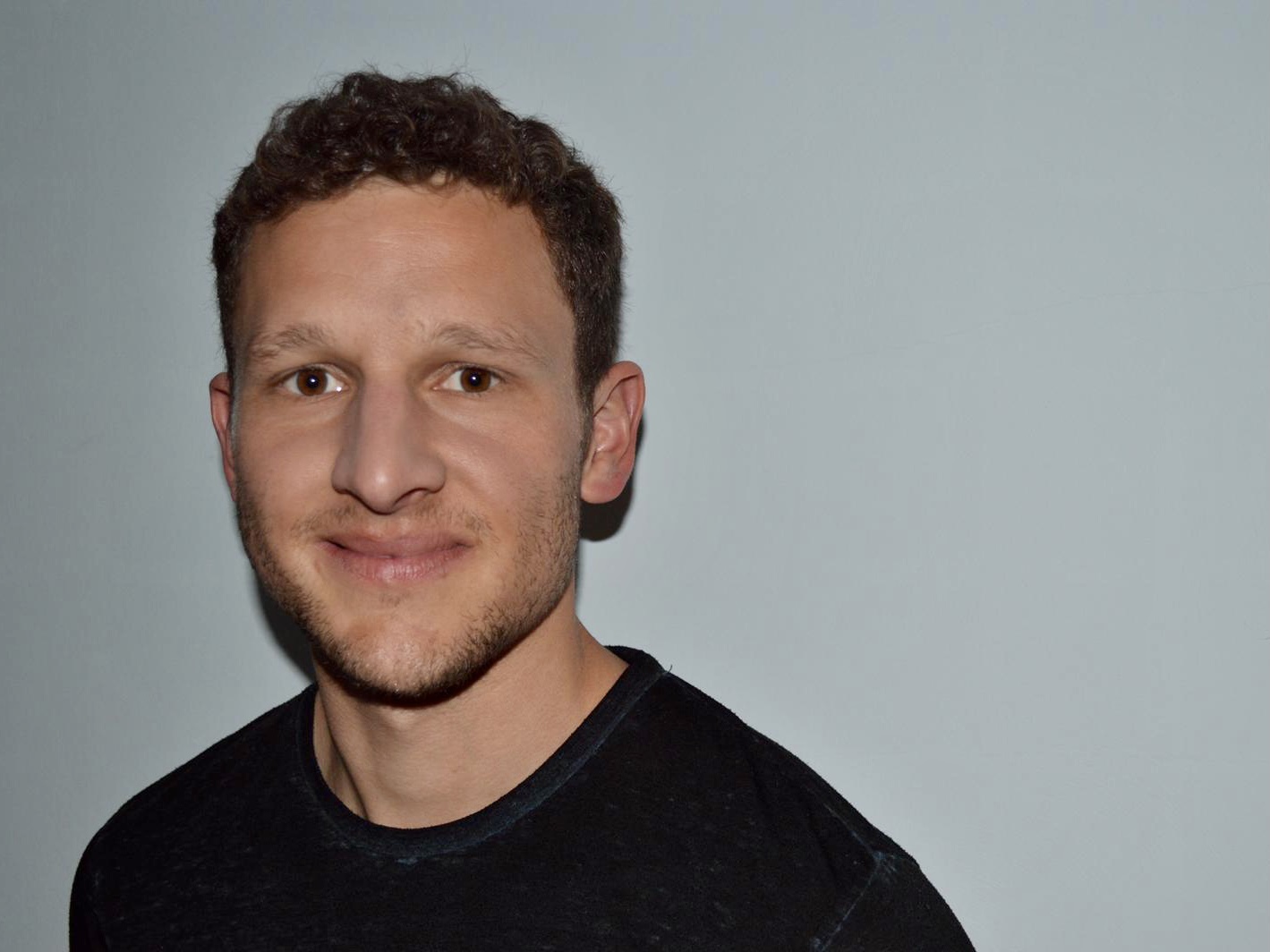
Interview with Kai Wieland
Dieser Beitrag ist auch verfügbar auf:
![]() Deutsch (German)
Deutsch (German)
In November 2020, hhesse.de had the opportunity to ask the Swabian author Kai Wieland a few questions. Our interview with the author of Zeit der Wildschweine follows.
hhesse.de: Can you remember the first books you read or that were read to you?
Wieland: Yes, there were classic children’s books like The Very Hungry Caterpillar and The Rainbow Fish, and I liked everything that had to do with animals or dinosaurs. My grandmother had a big and beautifully illustrated volume with stories about dwarves and animals that I remember especially well. The first books that I read myself revolved around football, which was the dominant theme of my childhood and youth.
hhesse.de: Are there any books from your childhood that you still enjoy reading today?
Wieland: Books not so much, but I still enjoy reading today the Donald Duck comics from the illustrator Don Rosa. In his stories, the family members of the Duck clan often show, despite the humor, a melancholy or tragic side, which as a child I could relate to. Recently, I even obtained the collection The Life and Times of Scrooge McDuck.
hhesse.de: In your opinion, which elements must a good story have?
Wieland: For me, a story rises and falls with its characters. Multi-layered, ambivalent, unique, yet nevertheless authentic – when these criteria are met, the story has fundamentally succeeded. And when the story also includes pointed dialog and a fresh language, it is fun for me to read.
hhesse.de: Which writers are role models for you and why?
Wieland: In general, I try not to copy anyone, but there are still many writers who influenced my understanding of quality literature. In Ernest Hemingway and Alice Munro, for example, I admire their inimitable ability to to capture life in its unembellished simplicity. Hunter S. Thompson fascinates me as someone who straddles the border between literature and journalism even today. Albert Camus’ The Stranger inspired me so much with its atmospheric blend of lethargy and sadness that I carry a motif from the novel as a tattoo.
hhesse.de: Have you also written, or experimented with, short stories?
Wieland: Yes, absolutely. For a long time, I didn’t write anything else, because I was too impatient for novels and too sober for poetry. But at that time, I didn’t understand that a good short story takes time, and the results were correspondingly disappointing. It has now meanwhile been years since I wrote a short story, but every now and then I toy with the idea, because I really do like the form, including as a reader.
hhesse.de: We heard that you also have a weakness for movies. Could you imagine your novels being turned into movies?
Wieland: Absolutely! The medium of film interests me almost more than literature, and I would love to see how the material from one of my novels would be “translated” into film. To be honest, that would be more reward for me than all the literature prizes in the world.
hhesse.de: You grew up not far from Calw, the city where Hermann Hesse was born. What is your relationship to his works and the themes in them?
Wieland: My first exposure to Hesse was the novel Beneath the Wheel, which we read in school at a time when reading did not play a big role in my life. The melancholy and tragedy in this story unexpectedly affected me – a sort of awakening. The regional attachment did not play a central role, but was certainly one of the subconscious reasons why I quickly felt at home in Hesse’s stories. Thereafter, I read with great excitement Narcissus and Goldmund, Demian, “In the old Sun”, Siddhartha, and Gertrude, although I never warmed up to The Glass Bead Game and Steppenwolf. Nevertheless, Hesse was for me an important companion on my journey to literature, and he is without a doubt one of the greatest and more important German writers.
hhesse.de: For many, 2020 has brought about many changes in life, due to the Corona virus. How has the pandemic affected your “literary life”?
Wieland: The most tangible effects were, of course, the canceled lectures and the cancellations of the book fairs in Leipzig and Frankfurt. That was especially bitter, because it is exactly those things that one anticipates prior to the release of a book. In addition, sales of the book have suffered due to the loss of important advertising platforms, and with the lost sales come lost royalties. Because I am employed full-time – writing is for me in the end a hobby – my worries are at least not existential. That is not the case with many of my colleagues, and so we all hope for a better year in 2021.
Thank you, Mr. Wieland, for the conversation!
